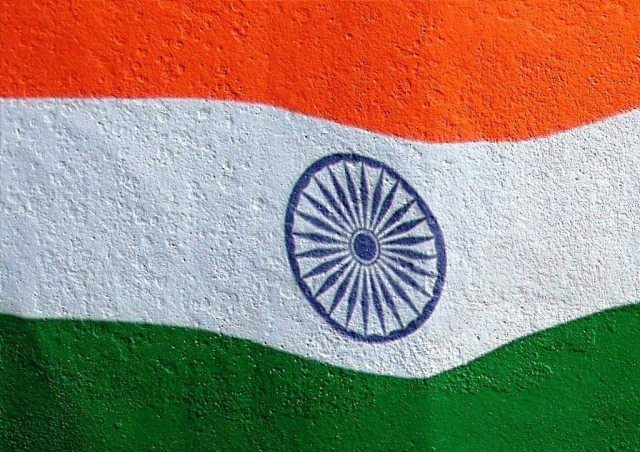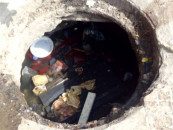Nimoo-Bazgo project: Pakistan to take dam dispute to world court
Legal battle looms over construction, carbon credits secured by India from UN agency.

The latest case under dispute is the construction of the controversial 45-MW Nimoo-Bazgo hydropower project on the Indus River by India, after Prime Minister Yousaf Raza Gilani approved challenging the project in the International Court of Arbitration (ICA).
The two countries have met in similar circumstances on the international forum twice before, once over the construction of Baglihar dam in Indian-administered Kashmir and the second time over the construction of Kishanganga dam on the Neelum River at Gurez, also in Kashmir.
Baglihar dam was constructed by India with a 450-MW power generation capacity on the Chenab River. Pakistan had challenged the construction of Baglihar before neutral experts but the decision went against it. However, ICA barred India from permanent constructions on the Kishanganga hydro-electricity project (KHEP) on the Neelum River in a short term order but the final decision is yet to come.
A senior official of the ministry of water and power told The Express Tribune that the prime minister had approved a summary to file a case in ICA on the construction of Nimoo-Bazgo dam.
“The decision of UN Framework Convention on Climate Change to grant carbon credits to India on the Nimoo-Bazgo hydropower project would also be challenged along with the construction of the dam by India,” the official said. India had secured carbon credits for the 45-MW Nimoo-Bazgo hydropower project from the UN agency without mandatory clearance from Pakistan.
The official went on to add that adviser to the prime minister on water issues Kamal Majeedullah was working to hire a team of international lawyers to file a case in the Netherlands before ICA.
An earlier inquiry into the case, conducted by secretary of Water and Power Development Authority Muhammad Imtiaz Tajwar blamed Pakistan’s former Indus Water Commissioner Jamaat Ali Shah for causing delay in dealing with the construction of the Nimoo-Bazgo project. The inquiry claimed that Shah had lost the opportunity to take the issue to ICA and a neutral expert.
However, Tajwar had failed to establish how India could secure carbon credits when Pakistan had not seen, let alone clear, the cross-boundary environmental impact assessment report, a source told The Express Tribune, adding that throughout the inquiry, Tajwar failed to present documentary evidence relating to carbon credits.
According to the inquiry, the information about the project was received in Pakistan in 2002 and Pakistan’s PCIW had repeatedly sought information from his Indian counterpart and its inclusion in the agenda items, but India failed to respond until December 2006.
During an inspection, the Pakistani team had learnt that 80 per cent of the work on the dam had been completed and the expected date for its inauguration was August 2012.
“It would take the Pakistani team about six months to establish the case in ICA and India would have completed the dam by then,” an official said.
Published in The Express Tribune, January 3rd, 2012.



















COMMENTS
Comments are moderated and generally will be posted if they are on-topic and not abusive.
For more information, please see our Comments FAQ